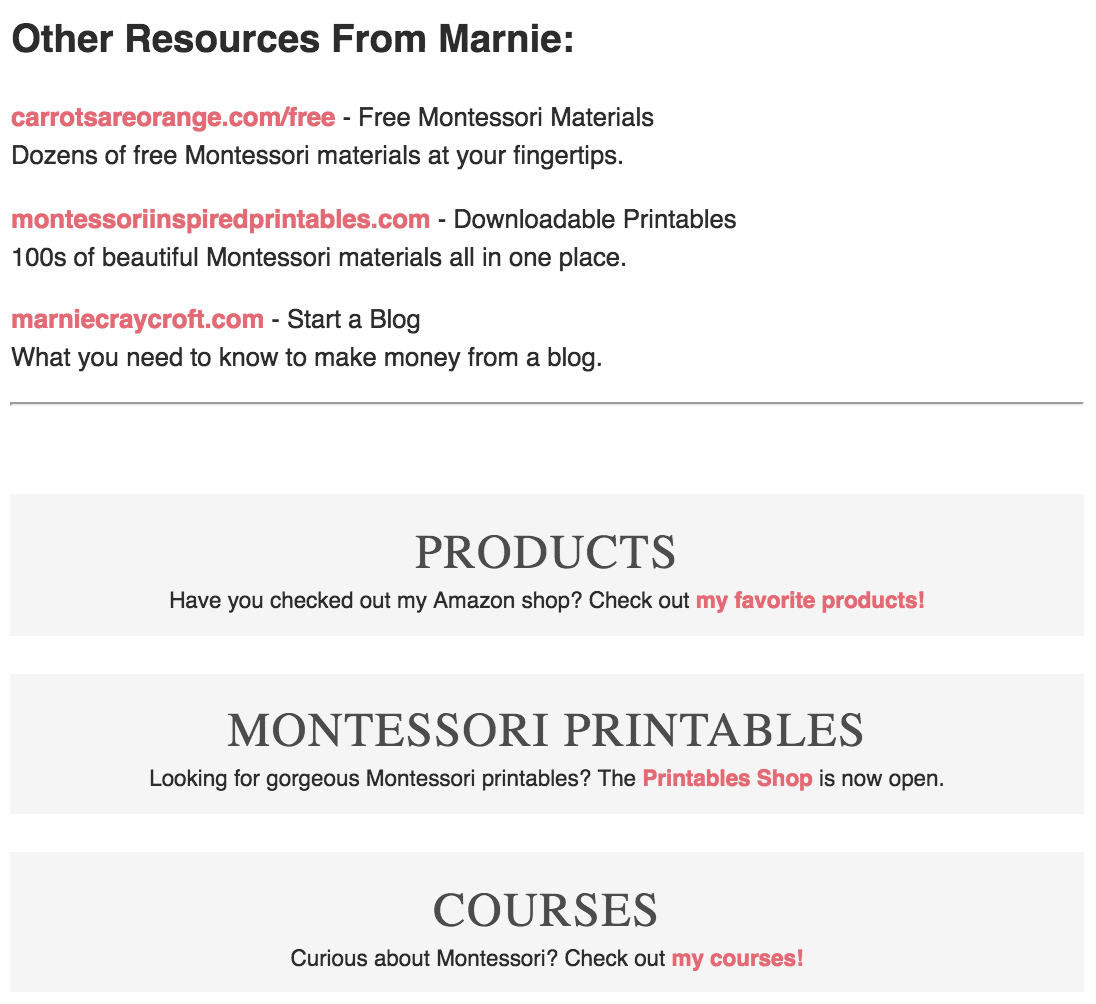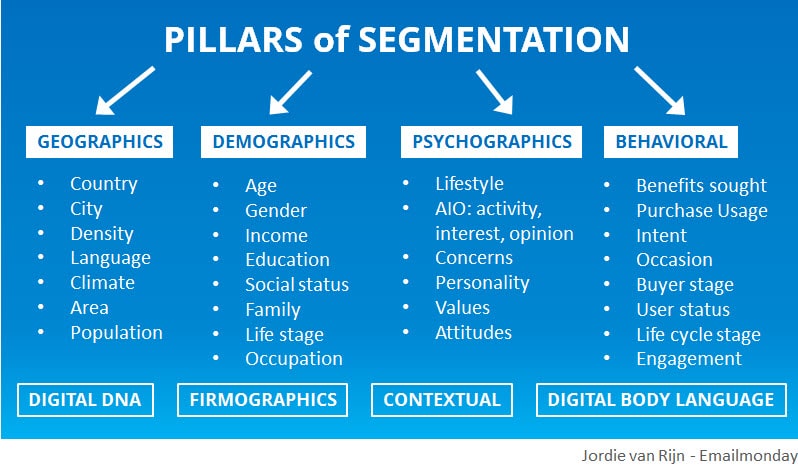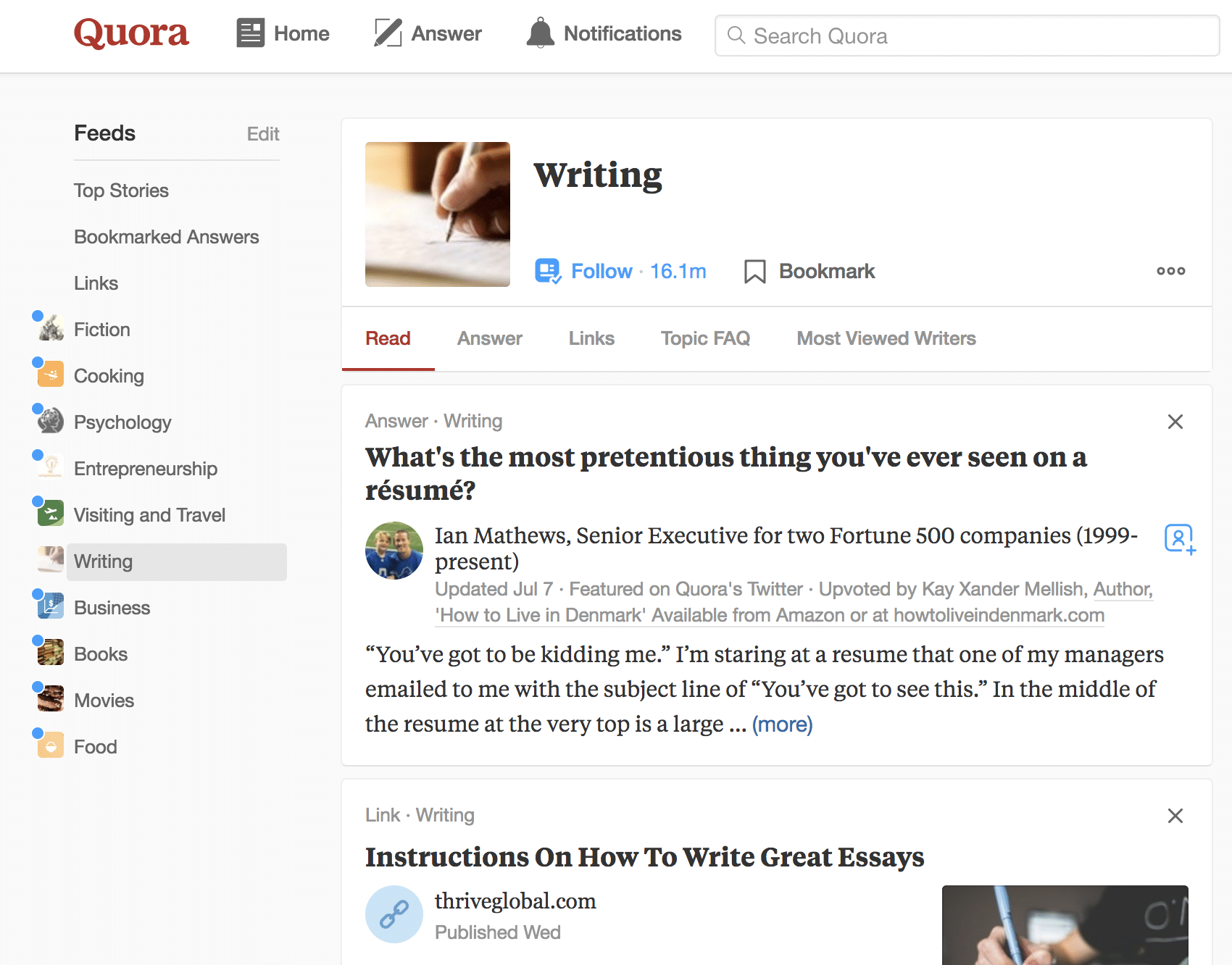If you’re just dipping your toes into the world of email marketing, it can be difficult to know where to start. Luckily, email marketing is surprisingly straightforward. While it can involve a number of different skill-sets, from analytics to design to copywriting, its purpose is simple. Email marketing is about connecting with customers, potential or existing, via email.
That connection may be in the name of acquisition, retention, or relationship-building. Maybe you want to connect with consumers but don’t quite know how. If that’s the case, you’re in the right place. In this email 101 course, we’ll discuss email marketing: why it’s a worthy investment and how to implement it. Let’s get started.
Why should you invest in email marketing?
There are numerous types of marketing, and numerous ways to connect with consumers. Because of this fact, an email list may seem no more effective than any other type of marketing.
However, email has proven its status as a major player in both marketing and sales, time and time again. With a 4400% ROI and a $44 return on every $1 spent, email is much less risk and much more investment.
Plus, when you send targeted, personalized emails to your customers, your levels of customer engagement increase. Even if consumers aren’t opening each and every one of your emails, they’re likely seeing them and thus, keeping you in mind.
So, how can you turn your email marketing strategy into the professional powerhouse it was destined to be?
Email 101 tips for marketers (who want to go pro):
- Pick an email service provider
- Build a strategy
- Grow an email list
- Personalize and segment your emails
- Automate your emails
- Use analytics to improve
Step 1: Picking an email service provider
An email service provider—or ESP—is the hosting platform you choose to create and send your emails. ESPs can help you design your emails, automate send times, segment lists, and much more. Only you know what type of ESP will best fit your needs, so do your research and read up on the different providers available.
Step 2: Building a strategy
Once you’ve chosen an ESP that supports your goals, it’s time to develop your strategy. Consider what you’re hoping to achieve from email marketing. You may want a newsletter to provide revenue, either through affiliate income or as a way to send traffic to your site.

As you can see above, Marnie Craycroft uses her emails to advertise products, digital items, and courses. Through her newsletter alone, she gains thousands per month.
Whatever your reasons for perusing this email marketing 101, setting goals is an important part of the strategizing process. Start researching the average open and click-through rates for your business type and size.
If you’re already sending regular emails, you may be all too familiar with open and click-through rates. How do your numbers compare with the averages? Aim for better numbers as part of your goal-building, then consider some ways to improve.
Step 3: Growing a list
Whether you have an existing list or none at all, growing your list is an important part of connecting with your customers one-on-one.
A big part of growing your list is simply informing people about your business. Who are you? What is your business all about? Make sure you’re utilizing numerous resources to introduce your services to potential customers.
This means establishing yourself as a thought leader and giving prospects plenty of opportunities to sign up for your list.
Become a thought leader
Contributing to forums is an excellent way to establish yourself as a thought leader in your industry. Quora and Reddit are both platforms that boast massive audiences. By targeting these types of resources, you can easily find niches that fit within your business.
You may also consider utilizing writing resources, such as Medium and HARO. Like Reddit, Medium appeals to a wide audience and therefore, many subcultures. You can easily republish items from your blog, or you can create new pieces.
Help a Reporter Out, or HARO, is another resource businesses can benefit from. Reporters and sources can connect with each other for stories and PR opportunities.
Publish gated resources
Now that you are up-to-date on industry trends and the questions people (both prospects and existing customers) are asking, use that knowledge to create high-value, long-form content that answers those questions.
You can “gate” these content pieces, which refers to requiring an email address in order for readers to access to the content, and grow your email list organically with people who you know are interested in your expertise and offerings.
Advertisements or sponsorships
If you are open to paid opportunities, consider sponsorships or advertisements.
If, for instance, you have a tech product, you might advertise your business on tech-centered podcasts. By considering your target audience and mapping out where to find them, you can successfully widen your reach through advertising opportunities.
Sponsorships are another way to advertise your company in a natural and interesting way. This might involve your company putting on an event, sponsoring a conference, or something even more unique.
Fast Company, Episode 1 – Presented by Church’s Chicken from Church’s Chicken on Vimeo.
The above video is taken from a sponsored event from Church’s Chicken: the World’s Fastest Drummer competition. While the content is sponsored by a business, the story is unique and attracts a specific audience. Plus, there’s something to be said for this subtle advertising approach.
No matter what approach you take, growing a list of highly engaged subscribers is one of the best things you can do for your email efforts—and for your entire digital marketing strategy.
Step 4: Personalizing and segmenting your emails
Considering your audience continues to be important, even after you’ve gained subscribers.
For example, consider how you sort junk mail from the mail that actually matters. Junk mail is impersonal, typically fails to address you by name, and more often than not, seeks to appeal to a mass audience.
Your subscribers want information that feels relevant and useful. If it doesn’t feel catered for them, it will be that much easier to discard. Because of this, it’s crucial to personalize your emails, so you’re sending a strategy-first email, rather than just batching and blasting.
Segmentation is another key tool when it comes to personalization. Think of it this way—shopping at the same store as someone doesn’t necessarily mean you share similar locations, shopping habits, or purchases. Therefore, customer emails shouldn’t look exactly the same, either.
Encourage your users to give you information regarding themselves and their preferences. You can do this through a quiz, encouraging profile customization, or sending a questionnaire.
Additionally, track analytics on their behaviors as customers. Do they purchase from you frequently, or do they only open your emails once a year for a birthday coupon? Use available information to tailor your list and appeal to individual needs.
Segmentation is often separated into four major areas: geographics, demographics, psychographics, and behavioral.

If this seems overwhelming, spend some time studying the ESP you’ve chosen. See what types of segmentation options are available, and gradually build up to a comfortable level of segmentation for your own subscribers.
Step 5: Automating your emails
Once you’ve implemented segmentation, consider automation. Automation is extremely useful for a couple of reasons. First, automation is an easy way to make users feel important. This is because you’re incorporating a proactive retention strategy, rather than relying on reactionary methods. Secondly, automation encourages users to complete a sale, browse new products, and repeat previous orders.
What types of emails count as automated emails? Welcome emails, shipment emails, blog updates, and birthday emails are all examples of autoresponders that simplify your customers’ lives.
In this email from BarkBox, you can see how automated birthday emails can be an organic way to pull customers into your shop.
Step 7. Using analytics to understand your subscribers and improve your strategy
You’ll never make everyone happy, but you sure can try with email marketing. With analytics, you can easily record how many times your emails are being opened, how many customers are clicking through, which emails perform best, and more.
This data is incredibly valuable, as it can provide the information you need to understand your readers’ habits. With valuable data in hand, you can easily improve your process.
For instance, you may notice your open rates drastically increase when you send emails during a certain time frame, or on a specific day of the week. If that’s the case, you may consider changing your email schedule to better suit your readers.
Wrap up
There’s no question that email marketing is valuable, but understanding it and implementing it may feel like a huge step. No matter where you are on the spectrum of strategizing, targeting, growing, personalizing, and improving, we hope this primer helped. Luckily, even a small step in the right direction can yield pretty powerful results. Start experimenting and let us know what has worked for you.







